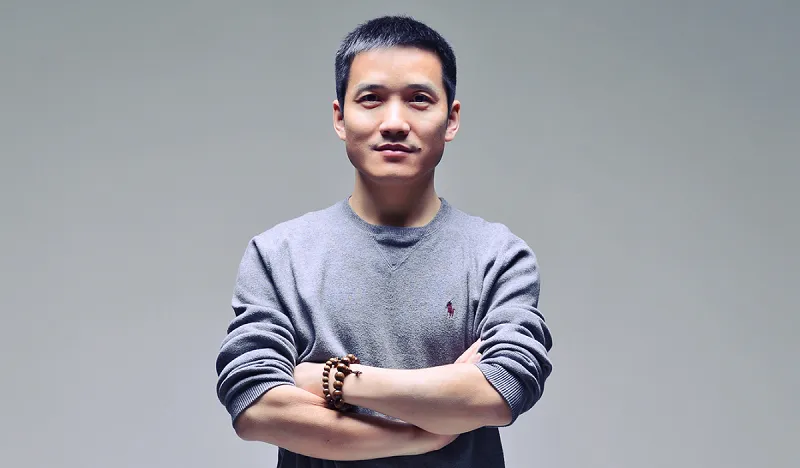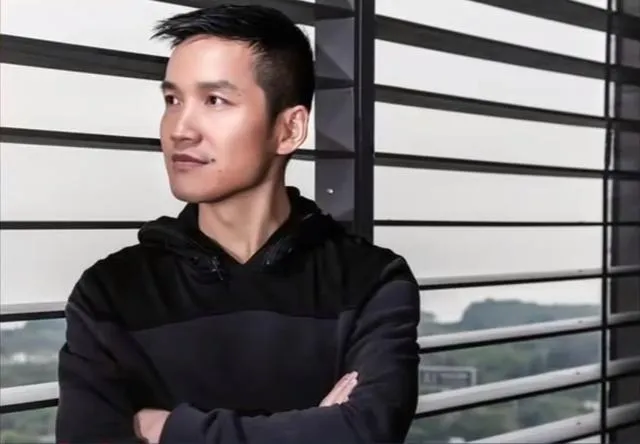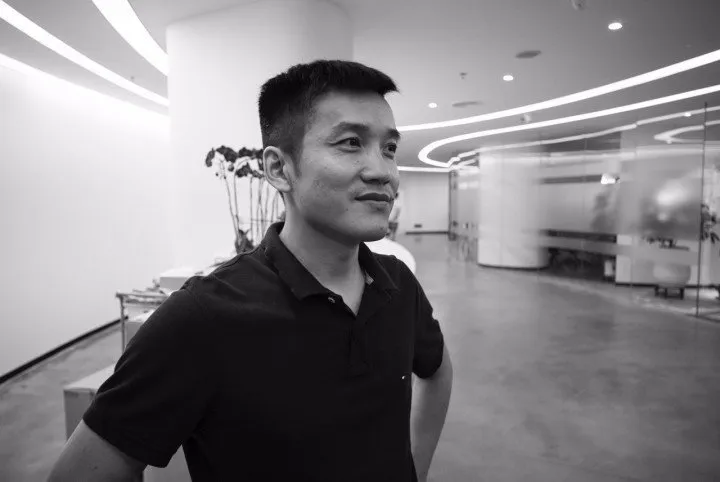From holding up the sky to believing in oneself, OnePlus’s Pete Lau on entrepreneurship and his flagship killer
The flagship killer.
That was what they called the OnePlus One.

And when it went on sale online in April 2014, the mad rush to own one broke the Internet. It notched up as many as 1.1 million fans on Facebook (and trended at par with the Kardashians in Google searches). The company behind the phone, OnePlus, garnered more than $300 million in revenues selling close to 1.5 million units within the first six months. Steeply priced at $299 for the base model, it still cost half as much as flagship devices from Samsung and Apple.
In 2015, this Shenzen - headquartered Chinese smartphone manufacturer was targeting sales of 3-5 million units, and $1 billion in revenue.
In an interview with YourStory, Pete tells us that every decision he made has been validated:
“The Indian market has helped us reaffirm our beliefs.”
When OnePlus One was launched in India in December 2014, Pete was told that not many people here buy phones that cost more than Rs 20,000. The industry was dominated by stronger and bigger players. Also, OnePlus’s decision to sell exclusively on an e-commerce platform rather than offline stores was questioned.
“People asked how many phones are you going to sell? Only a couple of thousand? You’re not going to sell much. But we still went down that path and have been successful. So, India really reaffirmed our beliefs and strategies.”
He believes that offline stores are purely for users
to get the touch and feel of the device. They enhance the purchasing experience, and get a larger audience, but do not guarantee sales.
In the first year, India contributed 7 per cent of the total revenue in terms of sales to OnePlus. At present, India is among the fastest-growing markets for the company ranking amongst the top three markets for the smartphone manufacturer. Additionally, India has the second-largest number of members on the company's online forum directly below the US.

Building global
Pete has been previously quoted as saying that from day one, OnePlus has focused on serving global markets, a philosophy subscribed to within the company and externally.
But while catering to more than 40 geographies, the biggest challenge when building a global company like OnePlus, remained how to cater to different cultures and markets.
To this Pete replies
“There are not many differences. So, internally, we have a set of values that we follow while doing business globally. These include transparency and integrity, which are applicable to teams globally. So, there isn’t much difference when we do business in India or any other geography.”
He tells us of the time he met the Country Head of Amazon India for the first time. A lot of initial conversations went around company philosophy and culture. As a company, OnePlus tries to maintain this philosophy and puts impetus on the right work culture while operating in different regions.

Do regions even matter?
Pete accepts that user habits vary significantly in different geographies.
“So you have to know where your users are and understand them. The fundamental question you need to ask is ‘How can I provide a better user experience than what is currently present in the market?’ Other than that, I don’t place much value in the differences between regions. It’s more about simplicity and belief in your core values while going down the path you’ve set for yourself; executing it and not wavering.”
Having spoken at multiple entrepreneurial events in China, Pete always says one thing: Focus on your core competencies.
“You have to determine your direction first and really trust in it. Similarly, you have to believe in the decisions you’ve made believing them to be the right path taken.”

The fierce Chinese dragon
According to Pete, China has the fiercest competition amongst all markets. He says the market is fierce not just for foreign entrants but also for local players to function.
“In terms of user experience a lot of Chinese companies are bringing better experiences than companies in the Silicon Valley, setting the product bar really high” he adds.

Maybe this is why OnePlus does not consider China their most important market even though they are headquartered in Shenzen. According to OnePlus, the US, Europe, and India are their key focus markets. Moreover, the market slowdown in China has not affected their plans for India or the global markets.
Moving forward, the company will continue with their strategy of launching two devices every year. In 2015, they launched the OnePlus 2 and their most affordable smartphone, OnePlusX.
Refusing to share sales figures with us, he says
“We don’t focus on sales numbers or actively talk about sales targets publically. This is because our major focus is on our product. We regularly question whether our product is up to the mark and whether users really like our services. Our goal is long term and we are working hard for people to like our offerings.”
The company broke away from its online-only approach in April 2015, when it partnered with Malaysian operator Maxis. Vikas Agarwal, General Manager, OnePlus India, who was also present at the meeting added that they’re in offline partnerships with Airtel in India, where customers can see the device.
Moving forward, the smartphone manufacturer is also looking to strategically partner with e-content providers to offer a localised experience to Indian users.

His learnings
Pete says that two years of entrepreneurship have taught him a lot, not just professionally, but he has made a lot of personal strides as well. He says:
“The most important thing is believing in yourself, sustaining and taking the path you’ve set for yourself. So from a personal experience, there has been a lot of pressure over the past two years because when you’re in a startup environment, it is a do or die situation.”
He adds:
“When you look back, a lot of decisions that you wavered on or thought too much about are validated. Remember, if your vision is correct, you will succeed.”
Another important learning is one that Indians can relate to especially in the wake of the fierce Twitter war between the founders of Snapdeal and Flipkart. Pete says
“One thing that I noticed is that it is very easy to get attention by attacking another company’s product or brand. A lot of companies are doing it in China. So we have a culture of being above it all. We have been told that if we don’t participate, we will lose out on PR, or word of mouth. But a lot of companies that attacked other companies have died out already because they always looked at short-term strategies.”
According to him, sooner or later, by not participating, you will be known as a company that is not into marketing gimmicks. “People will recognise you for focussing on your products and services. Hence, it is valuable for the brand to not get mixed up in these battles.”
He concludes by advising entrepreneurs:
“If you’re an entrepreneur it is expected that you will be lonely at the top. In a company no matter what position you are at, there is always somebody holding up the sky for you. But when you are the only one holding up the sky, there is a lot of pressure”







